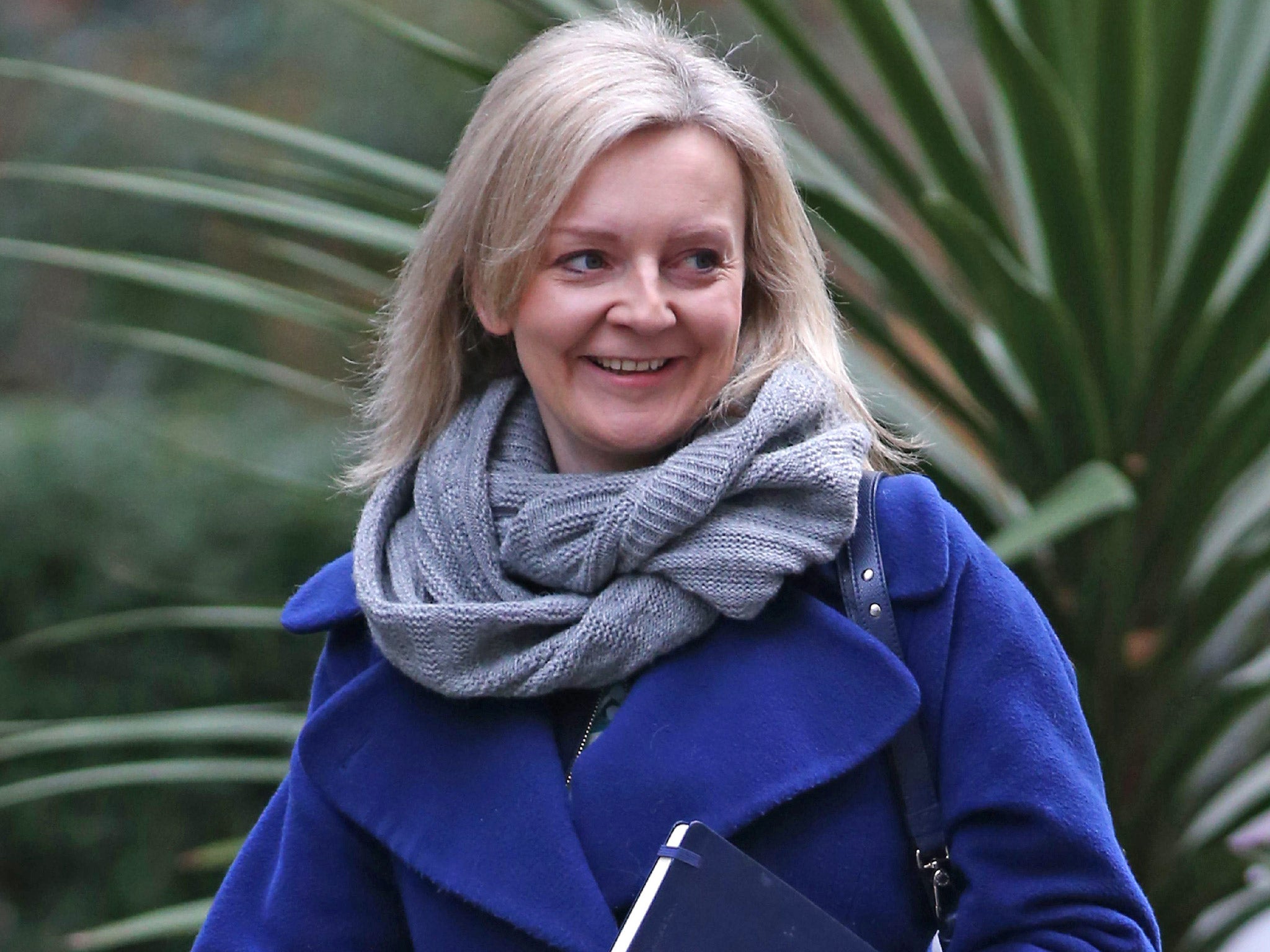EU referendum: Civil servants banned from helping Brexit ministers
Cabinet Secretary says Whitehall’s job is to support the government of the day’s policy

Civil servants will be banned from helping ministers campaigning for Brexit to make their case, as Whitehall departments prepare for months of chaotic government splits over the EU referendum.
Instructions from the Cabinet Secretary, Sir Jeremy Heywood, mean that Michael Gove, Iain Duncan Smith and other ministers supporting the Out campaign will also be unable to access some official papers.
With five Cabinet ministers and more than 20 junior ministers and parliamentary private secretaries opposing the Government’s stance, several Whitehall departments are split down the middle between the Leave and Remain camps.
Divisions were laid bare as the Environment Secretary Liz Truss told a major meeting of British farmers that the UK’s multi-billion agricultural industry would be better off if the country stayed in the EU, even as her colleague, the farming minister George Eustice, said farmers should be freed from EU regulations.
Addressing the National Farmers Union at its annual conference, Ms Truss said that leaving the EU could bring “years of complication and risk” to the food and farming sector, the UK’s largest manufacturing industry.
However, in comments to the BBC, Mr Eustice said farming could flourish “without the constraints of EU law”, singling out GM crops as an innovation that had been held back as a result of the UK’s membership.
In a move that will anger Brexit supporters, one set of rules has been drawn up for civil servants and special advisers working for ministers who back David Cameron’s call to stay in the EU, and another working for those who are pro-Brexit.
A memo circulated yesterday by the Cabinet Secretary told Whitehall chiefs that “the civil service supports the government of the day in developing and implementing its policies. This includes supporting the government to make the case for the UK to remain in a reformed EU.”
He added that civil servants are allowed to provide briefs or write speeches for ministers who want to go out campaigning for the Remain position but warned: “It will not be appropriate or permissible for the civil service to support ministers who oppose the government’s official position by providing briefing or speech material on this matter.”
The edict “includes access to official departmental papers” relating to the referendum that ministers have not already seen.
Special advisers are bound by the same rules, except that those who back Brexit will have the option of resigning from their jobs to join a campaign, and be re-employed when the referendum is over. Any special advisers seeking to work either part- or full-time for one of the opposing campaigns will have to see the Prime Minister’s approval, the letter states.
Leader of the House of Commons Chris Grayling, who is campaigning for Brexit, urged David Cameron to “be careful” over the civil service’s role in the EU debate.
“What we can’t be seen to be doing is to be spending large amounts of public money, large amounts of public time, on one side of the argument or the other,” he told Sky News.
“So I don’t expect the Prime Minister not to access government support, it is after all government policy, it was agreed on Saturday by a majority of Cabinet ministers. But I think that everyone involved has to be careful.”
Challenged by Conservative backbencher Nadine Dorries over the civil service’s role in coordinating a letter signed by business chiefs, urging the UK to remain in the EU, Mr Cameron said this week that the Government had a “clear view” in favour of staying in the EU and that the civil service would “support the Government in that role”.
Commenting on Sir Jeremy’s letter, a spokesperson for the Prime Minister said: “Government resources should not be used to support a minister in taking a personal position that differs from the Government’s position.”
Sir Jeremy’s instructions are in line with the rules laid down for civil servants during the 1975 referendum campaign. At that time, the main form of communication with the public was through leaflets delivered free to every household by the Post Office.
Subscribe to Independent Premium to bookmark this article
Want to bookmark your favourite articles and stories to read or reference later? Start your Independent Premium subscription today.

Join our commenting forum
Join thought-provoking conversations, follow other Independent readers and see their replies